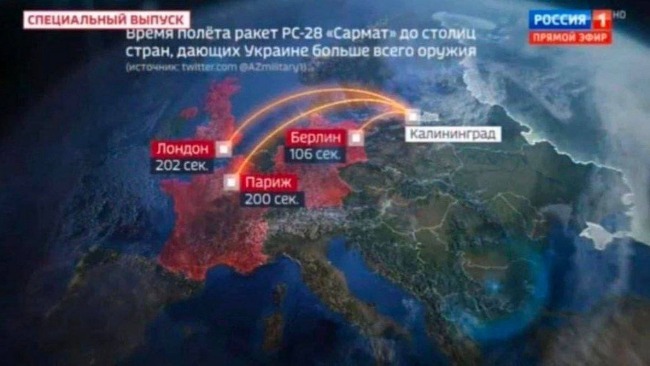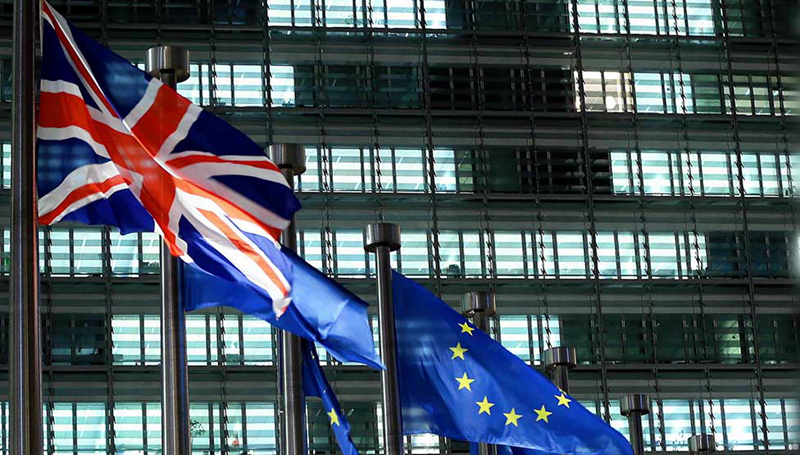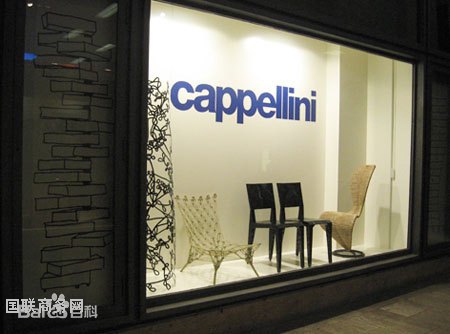The European Union plummeted into political crisis Monday when two member states blocked its coronavirus recovery plan after objections over a provision conditioning economic aid on a country's respect for democratic norms.
The historic €750 billion (or $888 billion) relief package, part of the EU's overall $2.1 trillion budget, would disperse funds to the organization's 27 member states.
The vetoes issued by Hungary and Poland will prevent, at least for the time being, an infusion of economic stimulus into a continent struggling to contain the coronavirus amid its worst recession since World War II
"We have already lost a lot of time in view of the second pandemic wave and the severe economic damage," said Germany's ambassador to the EU, Michael Clauss, who chaired Monday's meeting where Hungary and Poland vetoed the budget agreement, the BBC reported .
The vetoes issued by Hungary and Poland will prevent, at least for the time being, an infusion of economic stimulus into a continent struggling to contain the coronavirus amid its worst recession since World War II
"We have already lost a lot of time in view of the second pandemic wave and the severe economic damage," said Germany's ambassador to the EU, Michael Clauss, who chaired Monday's meeting where Hungary and Poland vetoed the budget agreement, the BBC reported .

"It is crucial that the entire package is now adopted quickly, otherwise the EU will face a serious crisis," he added.
Over the past decade, Hungary and Poland have faced international scrutiny for political encroachment into their media and judiciary systems. Both countries remain under investigation by the EU for violating its established democratic norms.
Melissa Hooper, director of human rights and the civil society program at Human Rights First, told ABC News that it is not surprising that Poland and Hungary blocked a budget tied to a provision enshrining respect for rule of law .
"It's a messaging tool that they are trying to communicate to the EU, that they don't want the EU interfering with their internal proceedings or internal policymaking with respect to their judiciaries, in respect to the way they're treating media -- essentially their treatment of their own democratic institutions," she said.
Both member states set their clear opposition to the plan before Monday's vote on the budget with the spokesman to Hungarian Prime Minister Viktor Orban, tweeting , "We cannot support the plan in its present form to tie rule of law criteria to budget decisions."
Poland called the democratic norms provision "an excuse" to give EU authorities more power over the country's affairs. "It is really about institutional, political enslavement. For a radical limitation of sovereignty," Polish Justice Minister Zbigniew Ziobro said Monday at a press conference.
Despite Hungary's and Poland's vetoing of the EU budget, both countries significantly depend on the bloc's economic resources. In 2018, the EU spent nearly $7.5 billion in Hungary, the equivalent of almost 5% of the nation's GDP. That same year, Poland received over $19 billion from the EU, or nearly 3.5% of its GDP.
While EU member states are desperately in need of the organization's money to fund their COVID-19 recovery, many national leaders have stressed the importance of tying a respect for rule-of-law provision to the budget.






















